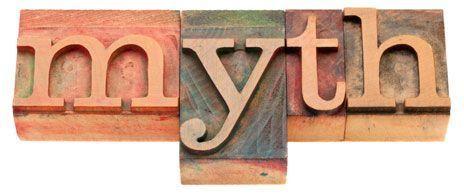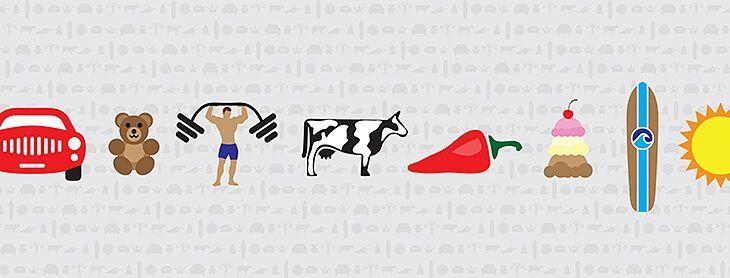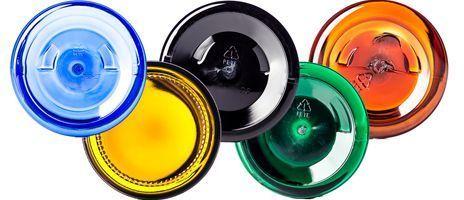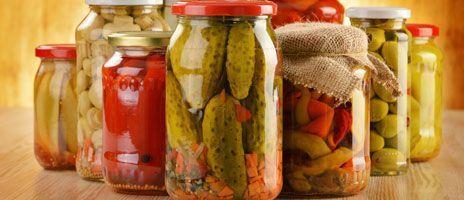6 Plastic Myths that need to go away


We live in an age of information. The works collected by Alexander the Great at the library in Alexandria, The Sibylline scrolls of Rome, and the great library of Ashurbanipal combined wouldn’t even amount to a fraction of the collected works we now have available at our fingertips through the internet.
The unfortunate side effect of this over-abundance of information is that it also creates a lot of noise; we still get things wrong from time to time. There is a lot of conflicting information and it can be hard to determine fact from fiction. Among the many areas tainted by misinformation, plastics are no different. So we want to set the record straight. Here are the 6 most common plastic myths:
Myth 1: Resin codes tell you how to use it
There is a rumor that just by a glance of the resin code on a piece of plastic you can determine how and what it's used for. While that might sound amazingly simple, it wasn’t what the Society of the Plastics Industry had in mind when assigning resin codes in 1988. The purpose of the numbering system is to categorize the bonding structure of the molecules after being polymerized. And subsequently each plastic type has some different properties. But this numbering system was designed more for chemists than it was for consumers.
Myth 2: Not all plastics are recyclable
While your curbside recycling bin may be picky about what kind of plastic it takes, each and every plastic can be recycled. The very cause of this rumor is likely to be the very entity that should be recycling plastics. The good news is it's becoming more and more common for recycling centers to pick up more plastic types since sorting technology is getting better. So this myth may go away over time. Remember that no matter the plastic, it can almost always be recycled.
Myth 3: Bio-plastics will eliminate waste issues
Just to be clear I'm not talking about bio-degradable plastics. Which may in and of themselves be a myth. Bio-plastics, plastics derived from bio-organic material, are getting better. But eliminate waste, they will not. While it may be a more sustainable source for the tasty hydrocarbons that plastics love so much, it won't change the basic nature of current generation polymers of taking a really long time to degrade. Plastics are always better off recycled. Bio-plastics are no different; they may come from more sustainable sources, but in the end, they need to cycled back into the system to be effective.
Myth 4: There is a gigantic island of plastic floating in the Pacific Ocean!
Um¦ No. The North Pacific Gyre has been an intensely debated topic. On one end of the debate, extremists claim that there is a massive island of trash the size of a continent. True, there is some plastic in the ocean. Studies have estimated this to be from less than 0.01 ppm (parts per million) to 50 ppm. Either way it's a nearly infinitesimal amount, at most 0.00005% of the ocean. It's not ideal, no, but it's also not a giant island of floating garbage.
Myth 5: Plastic may cause cancer
There has never been a single scientific study that has ever shown evidence of this. Whether you eat it, microwave it, or serve it with a side of beans, it's not toxic or harmful to humans. Now some may remember a few years back when BPA was the scariest thing to ever touch plastic. And it's true that BPA can increase your risk for cancer, IF injected directly into your blood stream. In every single study where plastic containing BPA was ingested there was no evidence it had any negative effect on the subject. So as long as you're not shooting up with plastic, your digestive systems should be smart enough to pass macromolecules like plastic on their way.
Myth 6: Plastic is most common piece of litter
Cigarette butts are by far the most common piece of litter. But this myth may be a little closer to true than we like because food containers or wrappers are second with plastic bottles taking third place. While it's sad to see such a waste of perfectly good plastic, the great news is that, unlike cigarette butts, we can recycle plastic.




